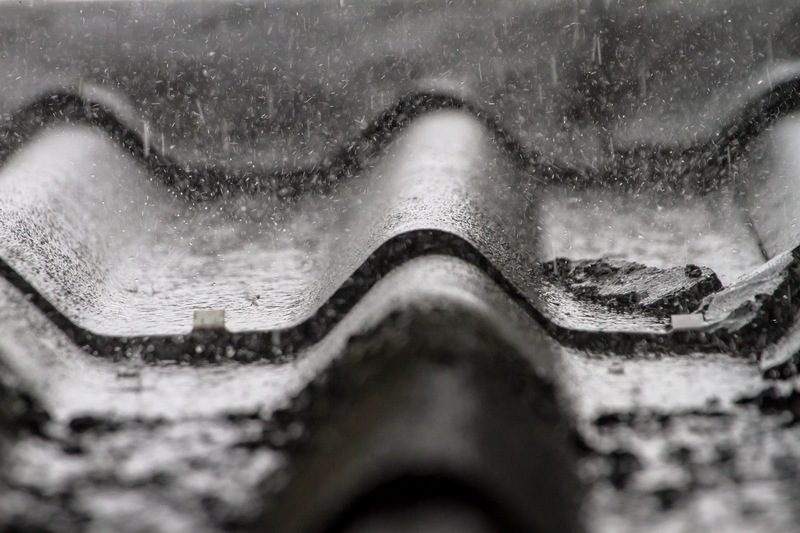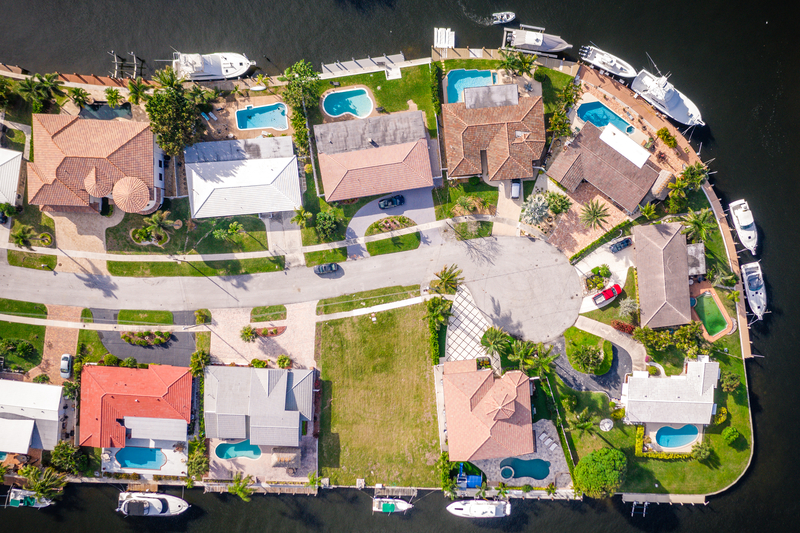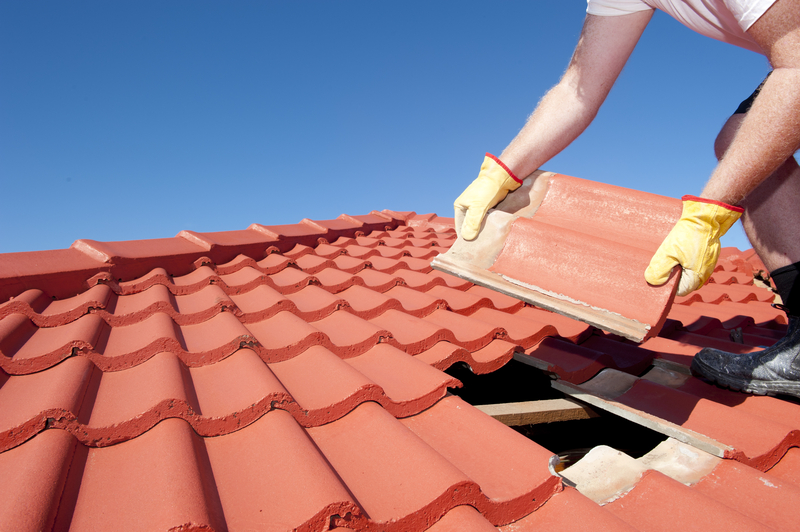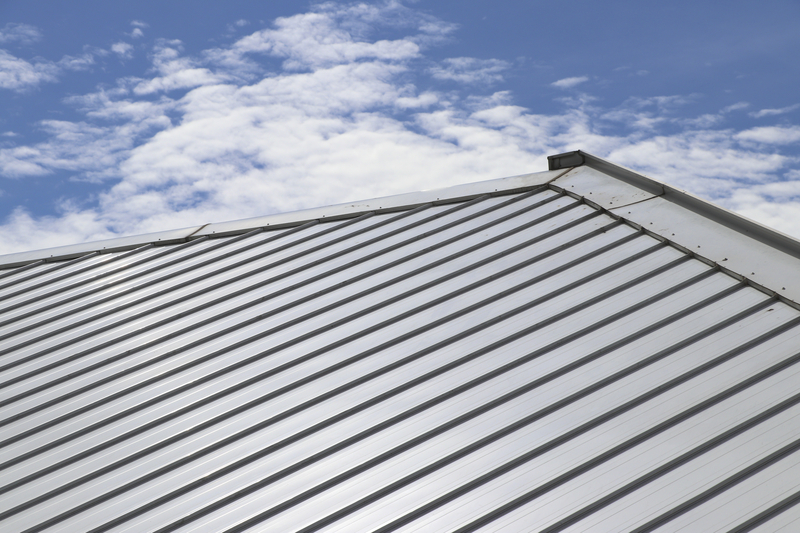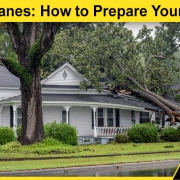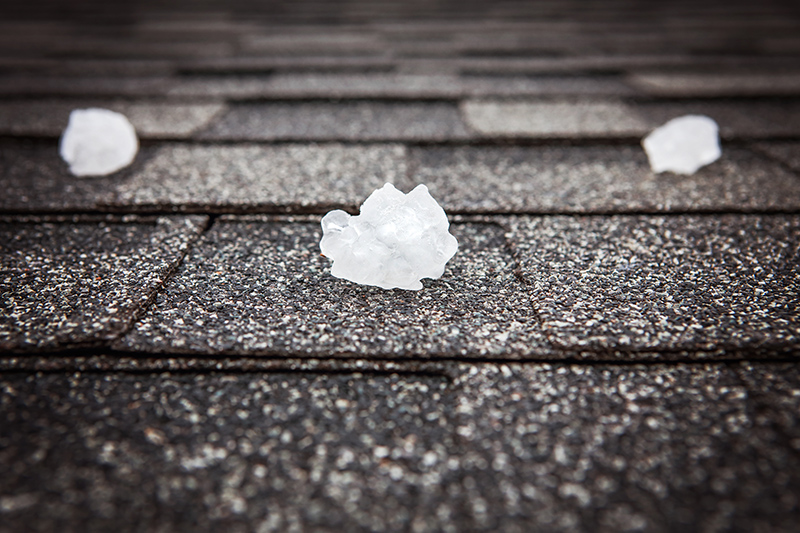Rainy Day Roof Leaks: How to Spot and Fix Roof Leakage During Heavy Downpours
A watertight roof is crucial for safeguarding your home against the elements, especially during heavy rain. Over time, even the sturdiest roofs can develop leaks. If you notice water stains on your ceilings or walls, or detect a moldy or mildew smell, it’s likely that your roof is leaking.
Below are some frequent causes of roof leaks during heavy rain:
- Cracked or missing shingles: As the roof’s outermost layer, shingles protect it from harsh weather conditions. Damaged or absent shingles can allow water to seep through and cause leaks.
- Damaged or incorrectly installed flashing: Flashing, made of metal or plastic, seals joints between various roof components, such as the roof deck and chimney. Damaged or improperly installed flashing can lead to water leakage.
- Clogged gutters and downspouts: Gutters and downspouts direct rainwater away from your home. When obstructed by leaves, debris, or ice, water can accumulate and result in leaks.
- Roof vents and pipe collars: These components facilitate air circulation in your attic, preventing moisture buildup. Damaged or inadequately sealed vents and pipe collars can allow water to enter your attic.
- Skylight leaks: Skylights provide natural light but can also be a source of leaks. If a skylight is not properly sealed, water can infiltrate your home.
- Chimney leaks: Chimneys can leak for various reasons, including damaged flashing, cracked bricks, or loose mortar. Regular professional inspections are essential for maintaining a watertight chimney.
- Damaged or worn-out roof valleys: Valleys are where two roof slopes intersect, making them particularly susceptible to leaks. Regular inspections and repairs are crucial to prevent water infiltration.
If you suspect a roof leak, it’s vital to address the issue immediately. Neglecting a leak can lead to water damage within your home, affecting walls, ceilings, insulation, and flooring. It can also promote mold and mildew growth, posing health risks.
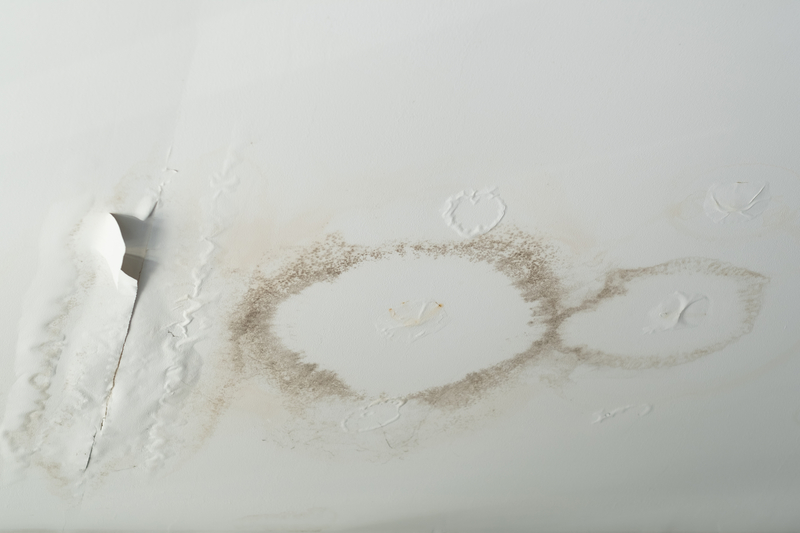
Consider the following tips for detecting roof leaks:
- Inspect your attic: Check your attic for signs of water damage, such as stains, mold, or mildew.
- Look for water stains on ceilings and walls: Water stains indicate water infiltration.
- Check for mold and mildew: Mold and mildew often thrive in damp areas. Address mold or mildew promptly and repair the source of the leak.
- Identify roof damage from the ground: If attic access is unavailable, inspect your roof for loose shingles, damaged flashing, or clogged gutters and downspouts.
If you discover signs of roof damage, seek repairs as soon as possible. A professional roofing contractor can assess the damage and recommend the most effective solution.
Advantages of hiring a professional roofing contractor include:
- Experience and expertise to evaluate damage and suggest appropriate action.
- High-quality materials and workmanship for lasting repairs.
- A warranty on their work.
By promptly addressing roof leaks during heavy rain, you can protect your home from damage and keep your family safe.
About Gold Key Roofing
Our highly trained, certified roofing professionals inspect, test, evaluate and calculate all the necessary data from your project to provide your home with the ultimate protection – providing you with time-tested peace of mind.
In an industry where many roofers are in business today and out-of-business tomorrow, it is unusual to find a company like Gold Key Roofing with our experience and proven record of quality and reliability since 1975.

Roofing Services Offered in Orlando and surrounding Central Florida Areas:

